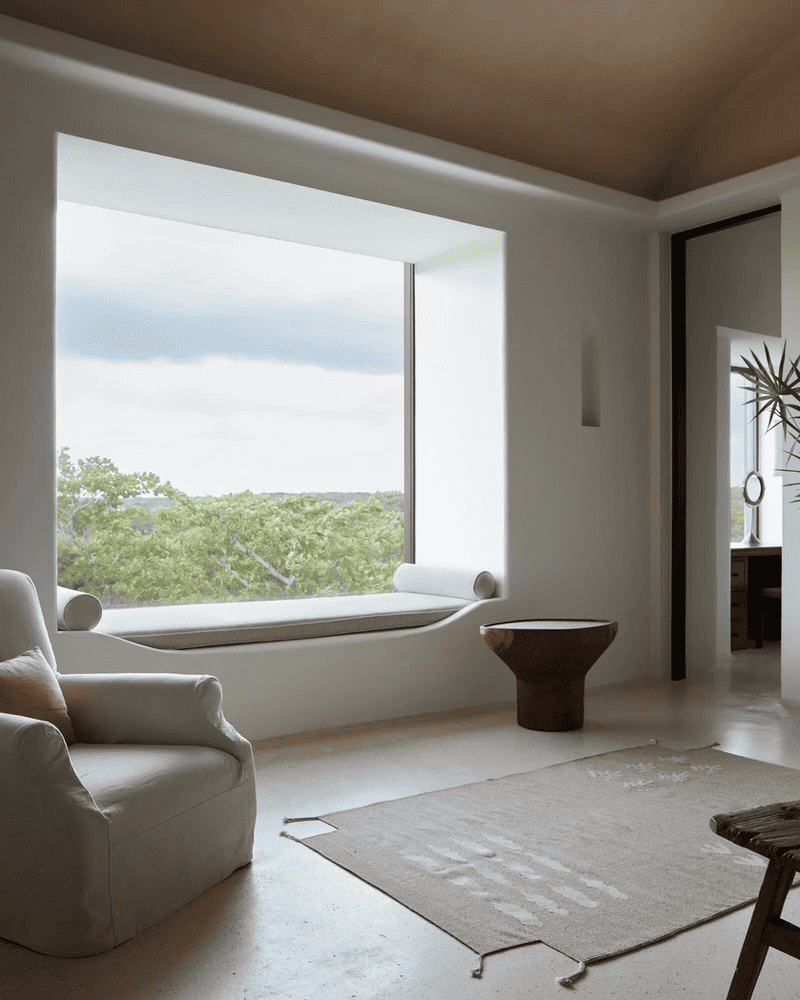Whether you’re an aspiring designer, a homeowner looking to revamp your space, or simply interested in the field, you’re in for a treat. Join me on the blog today as we explore the key skills that set top-notch interior designers apart from the rest.
But before we delve into the topic, let’s take a moment to understand what interior design truly entails. Interior design is the art and science of enhancing the interior of a space, making it aesthetically pleasing and functional. It involves balancing creativity, technical knowledge, and an understanding of human behavior to create spaces that are not just beautiful, but also harmonious and purposeful.
To achieve this, interior designers must develop a specific set of skills that help them excel in their profession. These skills go beyond mere decoration; they encompass a wide range of abilities that enable designers to transform a blank canvas into a living, breathing work of art.
So, let’s begin our exploration of the skills of the most successful interior designers.
Skill 1: Creativity and Vision
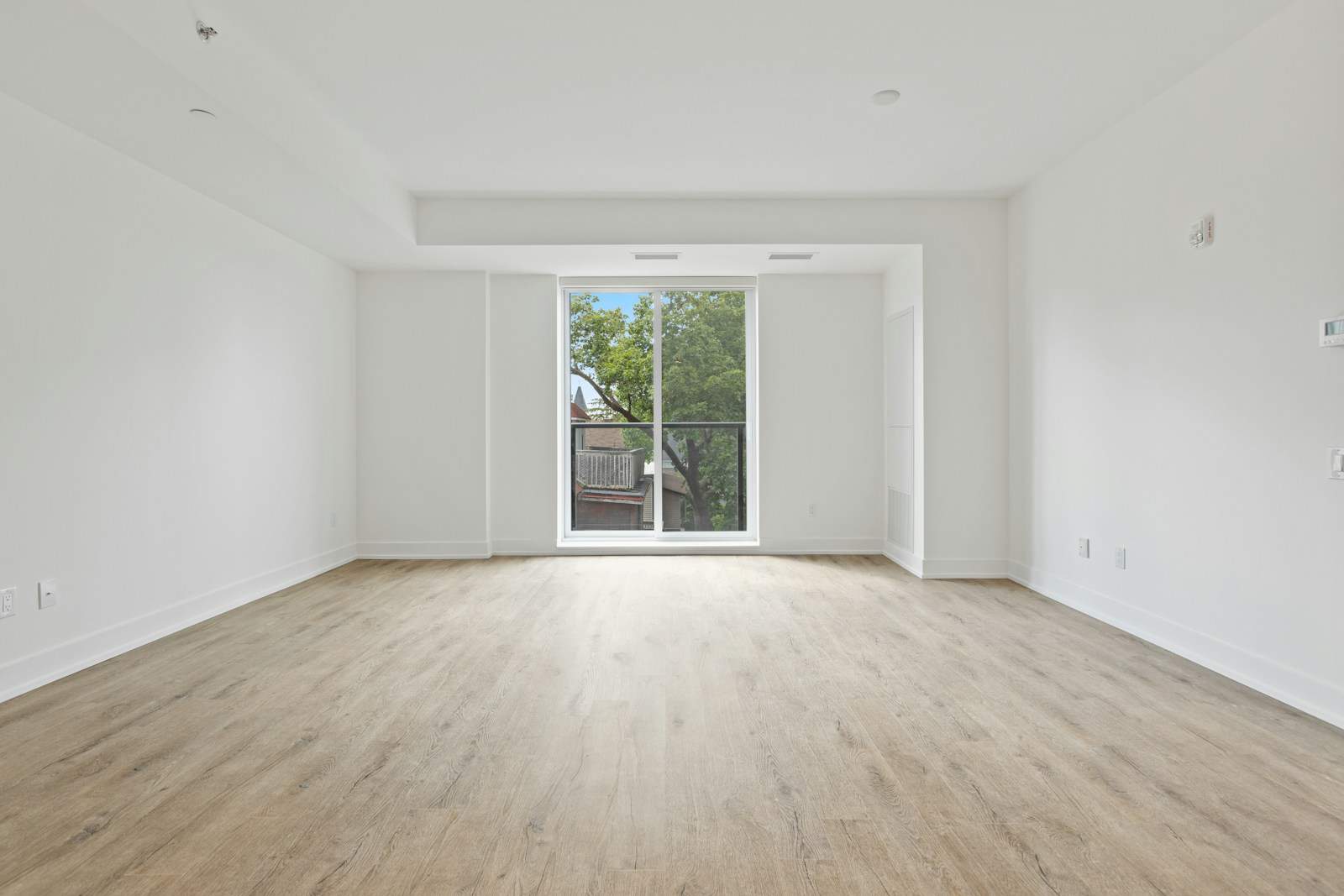
At the heart of every great interior designer lies a remarkable creative flair. These individuals have the ability to envision the end result of a design project before it even begins. They can see potential where others might only see blank walls or tired spaces. This creative vision allows them to conceptualize unique, innovative, and aesthetically pleasing designs.
Skill 2: Space Planning and Layout
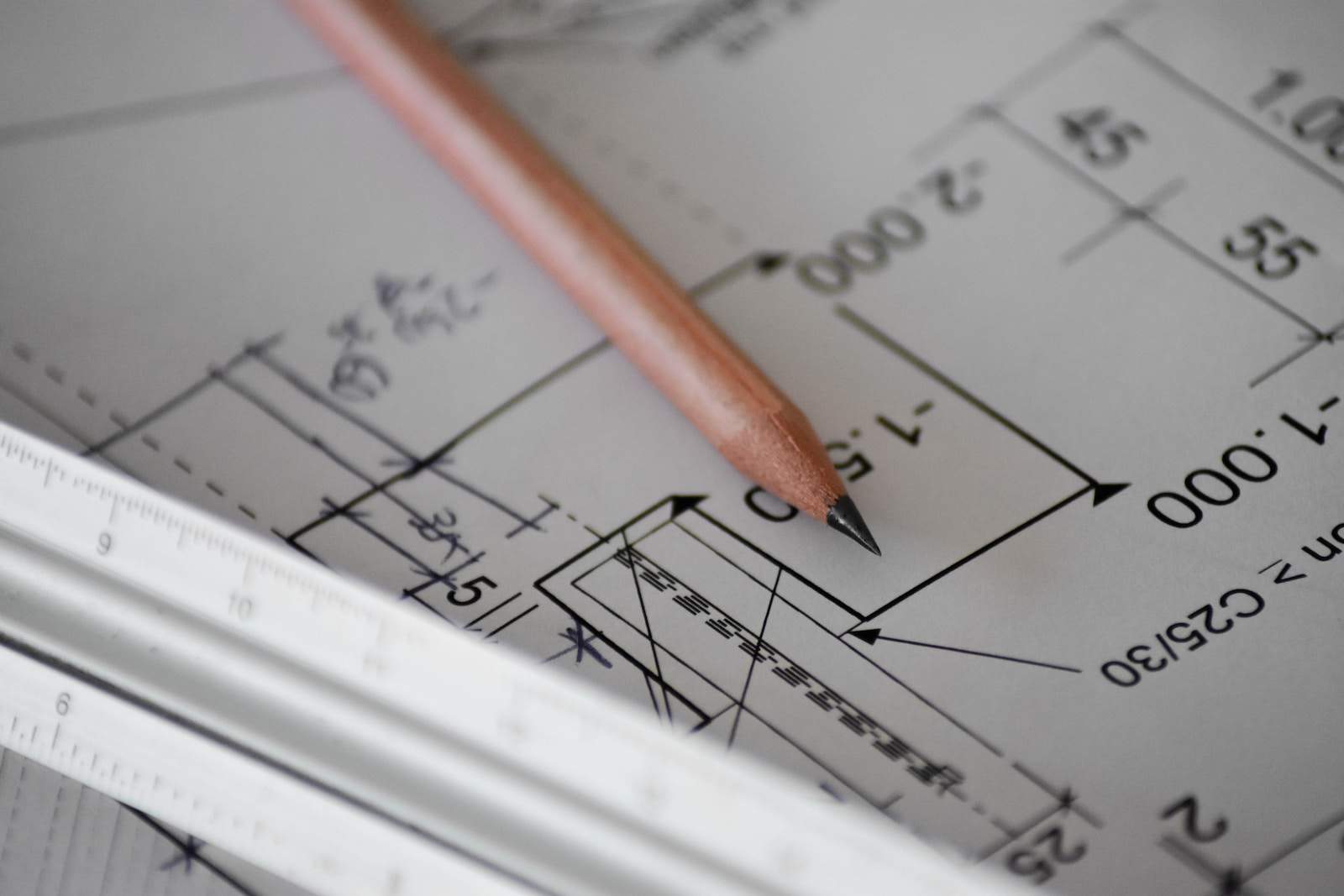
A successful interior designer knows how to optimize space effectively. They can analyze a room’s layout and determine the best arrangement of furniture, fixtures, and decorative elements. Skillful space planning ensures an optimal flow and functionality within a space, making it comfortable, efficient, and visually appealing.
Skill 3: Technical Knowledge and Expertise
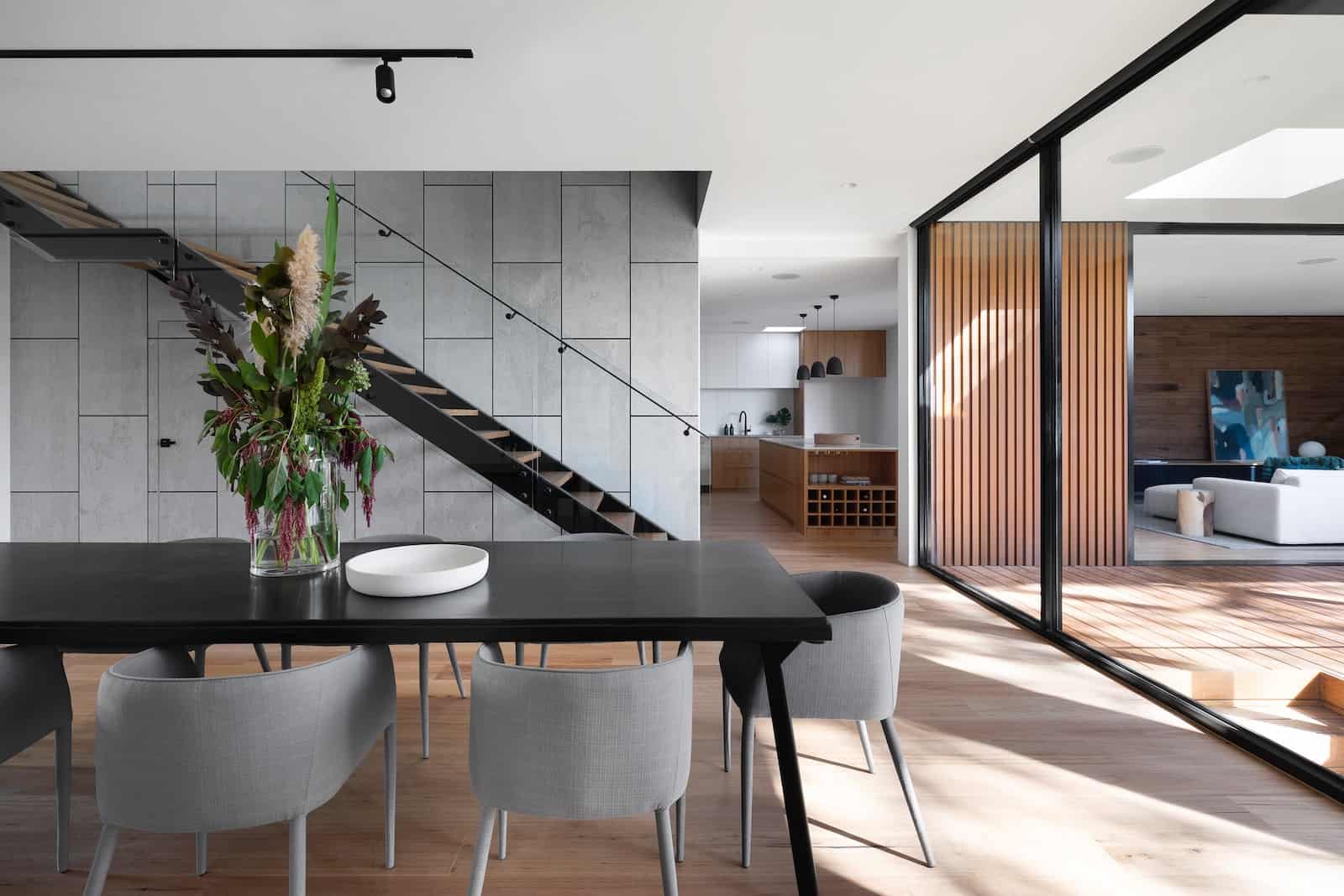
Interior design is not just about conceptualizing beautiful visions; it requires a solid foundation of technical knowledge as well. Successful designers stay up-to-date with the latest industry trends, possess a thorough knowledge of building codes and regulations, and are skilled in drafting, computer-aided design (CAD), and architectural detailing. This expertise allows them to bring their creative visions to life within the bounds of practicality and safety.
Skill 4: Communication and Collaboration

Interior designers must possess excellent communication skills. They need to effectively communicate their ideas, concepts, and design plans to clients, contractors, and suppliers. Active listening is essential to understand the client’s needs, preferences, and budget. Additionally, successful designers are not afraid to collaborate and work in interdisciplinary teams, involving architects, contractors, and other specialists to create cohesive and harmonious designs.
Skill 5: Project Management and Organization
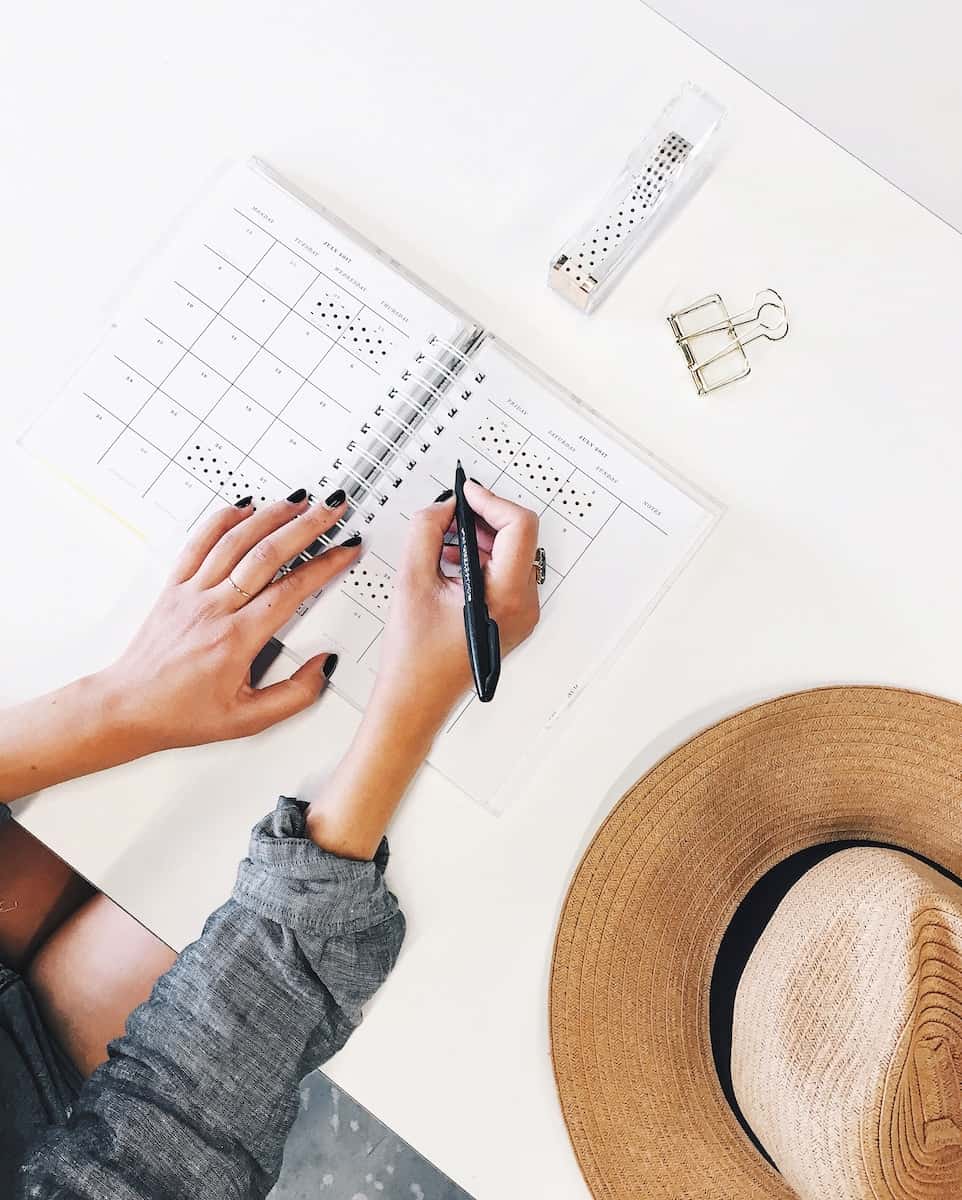
Interior design projects can be complex and involve multiple stakeholders. Successful interior designers possess exceptional project management skills, allowing them to juggle multiple tasks, adhere to budgets and deadlines, and oversee the execution of the project. They are meticulous planners, capable of coordinating contractors, managing suppliers, and resolving any issues that may arise during the design process.
Skill 6: Attention to Detail
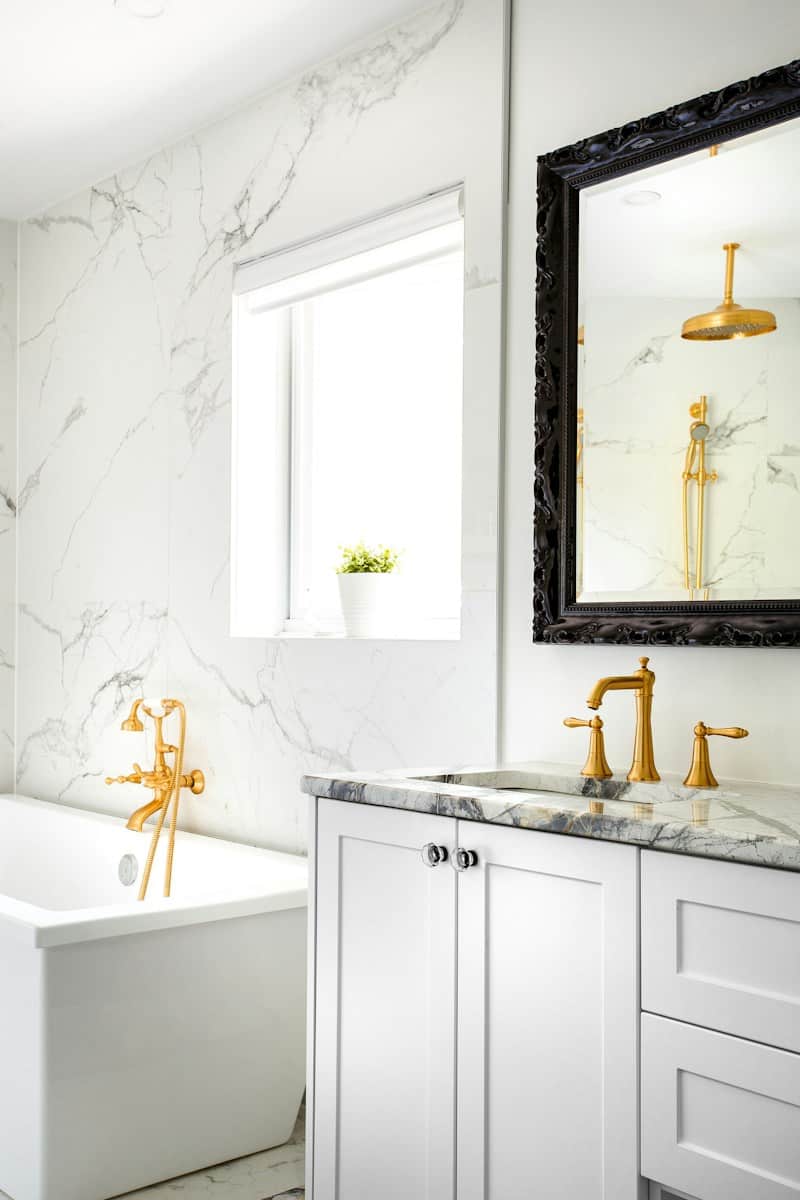
The little things matter in interior design. Successful designers have a keen eye for detail, ensuring that every element within a space is thoughtfully considered, from the color of the walls to the style of the knobs on a cabinet. This attention to detail elevates their designs and creates a polished and professional finished product.
Skill 7: Psychology and Understanding Human Behavior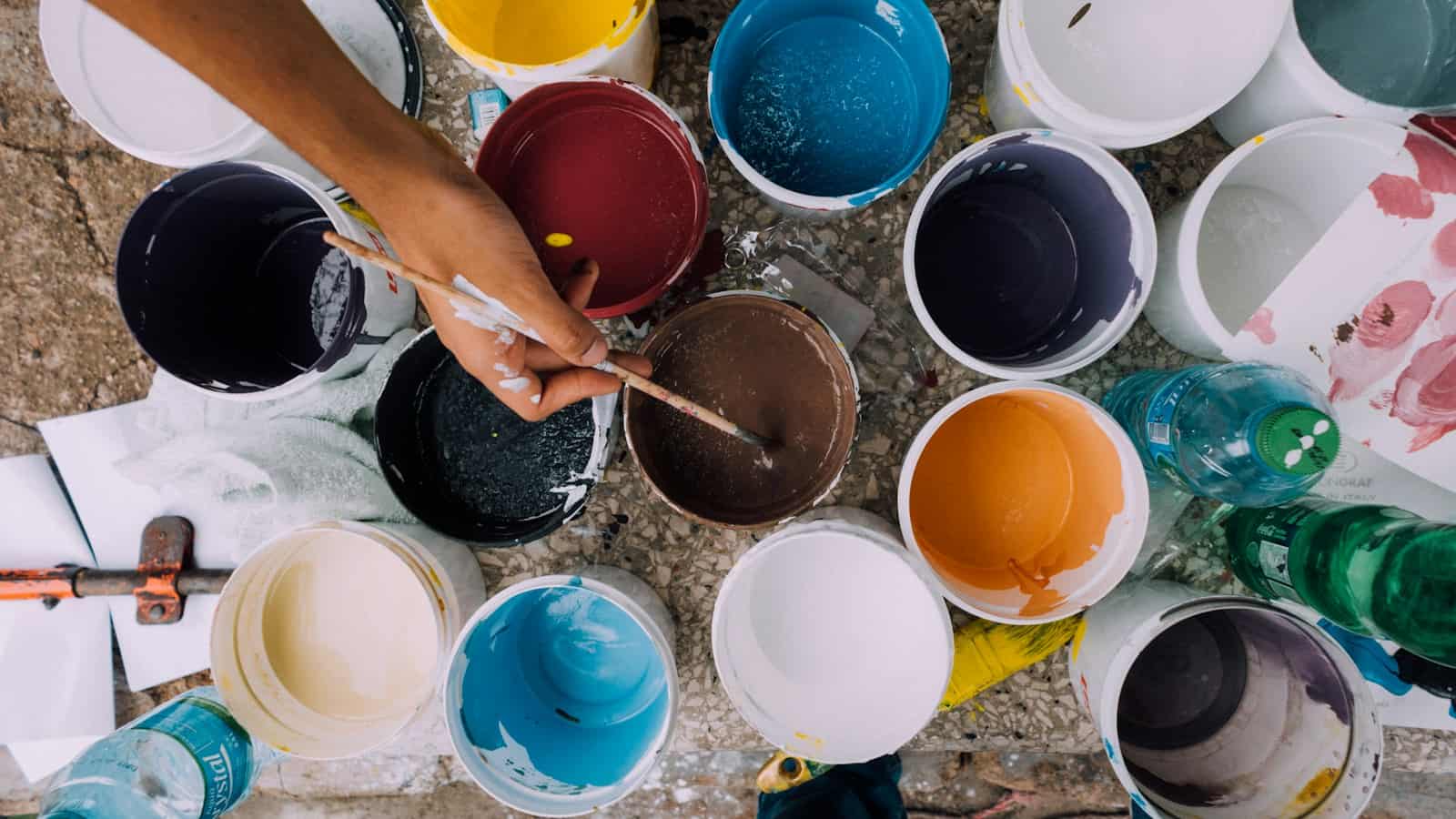
Interior design is not just about creating beautiful spaces; it’s about understanding the people who will inhabit those spaces. Successful designers delve into the psychology of space, understanding how colors, lighting, and layout can influence human behavior and mood. They create environments that evoke specific emotions, whether it’s calming, energizing, or inspiring, tailored to the needs and desires of their clients.
Skill 8: Flexibility and Adaptability

The world of interior design is constantly evolving, with trends, technologies, and client preferences constantly changing. Successful interior designers remain adaptable, embracing new ideas, materials, and design approaches. They are open to feedback and are willing to iterate and adjust their plans based on the evolving nature of the project and client’s needs.
We’ve explored eight essential skills that set apart the most successful interior designers: creativity and vision, space planning and layout, technical knowledge and expertise, communication and collaboration, project management and organization, attention to detail, psychology and understanding human behavior, and flexibility and adaptability. OFCOURSE INTERIOR DESIGN ACADEMY’S CERTIFICATE PROGRAM will allow your to develop these skills and tap into your intuition, so you will be able to excel in both your craft and your ability to create spaces that surpass expectations with a wellness focused approach to interior design.

